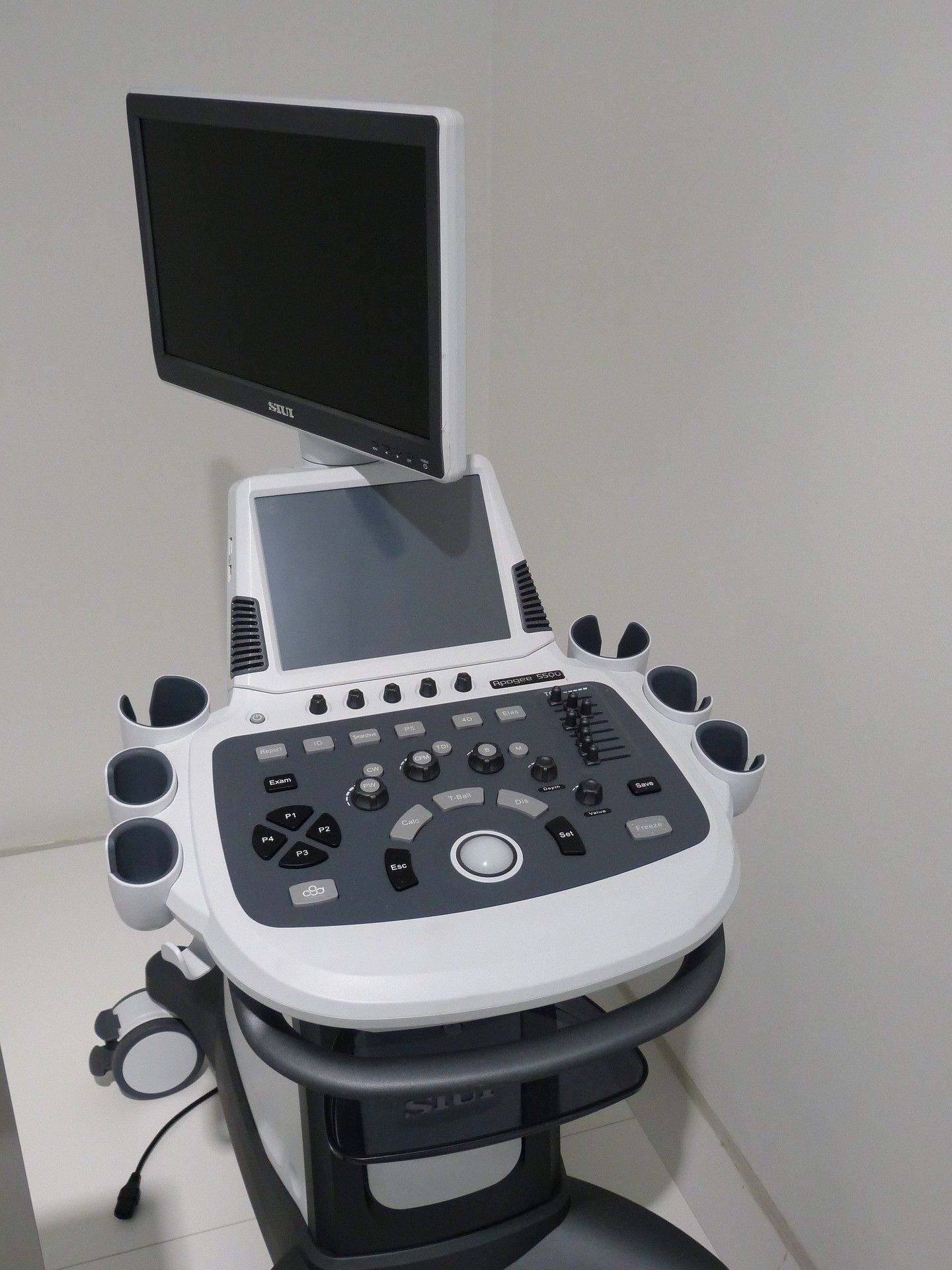Conditions That May Require An Ultrasound
If your cat or dog is diagnosed with a heart condition, your primary care vet may refer you to our specialists for a heart ultrasound or echocardiogram in order to evaluate the overall condition of your animals heart and to look for abnormalities.
If your primary care veterinarian discovers abnormalities in your dog or cats blood or urine tests, they may recommend an abdominal ultrasound in order to get a clear picture of the health of your pets internal organs such as the lymph nodes, spleen, kidneys, liver, urinary bladder or other areas to learn why the abnormalities are occurring.
Ultrasound technology can be used to examine almost any of the soft tissues in your pets body, including:
If your vet or veterinary specialist detects abnormal tissue during an ultrasound, they may also use the ultrasound to help collect tissue samples from the affected area.
Samples are typically collected using these methods:
If your vet will be performing an ultrasound-assisted tissue collection, your pet may be sedated to help keep them still. We can perform biopsies in a less invasive manner with ultrasounds than with surgeries.
Your vet may perform these two types of ultrasounds:
If your dog or cat is experiencing a medical emergency, the ultrasound can be utilized to give a clear picture of whats going on in your pets abdomen and chest. This allows us to quickly learn whether your dog or cat has a serious internal hemorrhage (bleeding) or pneumothorax (a condition in which gas or air collects in the space surrounding the lungs).
Ultrasound scans assist emergency vets in diagnosing your animals health issue quickly so that treatment can begin as sooner.
Cardiac ultrasounds or echocardiograms are detailed ultrasounds that allow your vet to closely assess your dog or cats heart and its surrounding structures. This form of ultrasound scan can allow our veterinary specialists to assess whether the heart is functioning properly and whether there is a malfunction in the heart.
Although typically painless, echocardiograms require several measurements and calculations. If your pet was recently diagnosed with a heart murmur or is displaying signs of heart disease, they may be referred to our specialists for an echocardiogram.
Here at Rau Animal Hospital, it is our passion and privilege to be the guardian of your pet’s healthcare. As your trusted advisor, it is also our responsibility to keep you appraised of any potential threats to your animal’s welfare. Read more >>
When your pet has been scheduled for an ultrasound examination, we understand that it’s helpful if you know what to expect. Just like with people, the purpose of this procedure is to aid in making a proper diagnosis of a disease-causing illness or other condition. Ultrasound can give your dog or cat’s veterinarian so much information about what is happening on the inside – in real time. But what are we looking for, how should you prepare your pet, and what will the results tell us?
Let’s look at some frequently asked questions about pet ultrasound.
An ultrasound machine emits ultrasound waves that penetrate into your pet’s organs. These waves are reflected back into the hand-held probe that is placed on the skin. The pattern of the  reflected sound waves creates an that is viewed on a screen.
reflected sound waves creates an that is viewed on a screen.
Unlike X-rays, radiation is not part of an ultrasound examination. As the name suggests, this type of imaging works via sound waves. That means that your dog or cat, plus the veterinarian and staff, would not be exposed to any radiation from proximity to an ultrasound machine.
Reasons Your Pet May Need An Ultrasound
An ultrasound can help our South Wilton vets examine the structure of your pet’s organs so we can discover and identify blockages, tumors, or other problems.
At South Wilton Veterinary Group, ultrasounds are done in our in-house veterinary diagnostic laboratory. Our team of veterinary specialists uses ultrasounds and other diagnostic tools to provide an accurate diagnosis of your pet’s medical issues, so we can provide your pet with the most effective treatment possible.
Why i don’t ultrasound my Bullys to confirm breedings‼️ (Breeders Hacks‼️)
So youve just discovered that your cat or dog requires an ultrasound procedure. What exactly does that even mean? And how can it help your pet? Here, our South Wilton vets describe how we perform ultrasound procedures on pets, how to prepare your pet for the procedure and what kinds of conditions can be detected with this testing.
Our pets can develop all sorts of illnesses and conditions like tumors or cysts and get into things they shouldnt that may get lodged inside them. Ultrasounds are a kind of diagnostic imaging technology that transmits sound waves into your pets body to produce a picture in real-time of an area of their body.
Veterinary ultrasounds are non-invasive and can be used to diagnose or evaluate problems with your pets internal organs or check on your pets pregnancy.